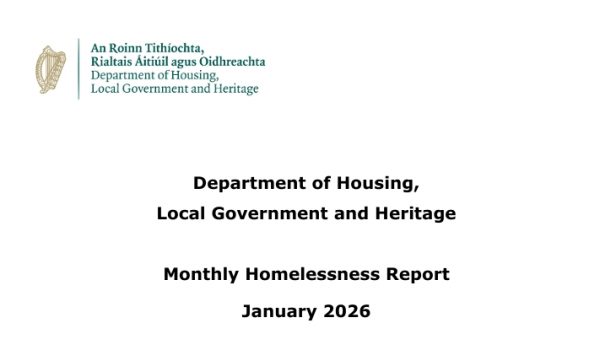
A HIQA assessment of the use of restrictive practices at Aras Ui Dhomhnaill Nursing Home in Milford has found the facility to be compliant with national standards.
The report, which follows an unannounced inspection in July, notes that residents enjoyed a good quality of life where the culture, ethos and delivery of care were focused on reducing or eliminating the use of restrictive practices.
The full report can be accessed HERE
Extract from the report –
Overall, the inspector observed that the residents were enjoying a good quality
of life where they were supported to be active participants in the running of the
centre.
The centre had completed the self-assessment questionnaire for the restrictive
practice thematic programme and had developed a targeted quality
improvement plan to manage and reduce restrictive practices in line with the
national policy on restraint. The centre’s policy promoted a commitment to
reducing restrictive practices, and there was a reduction in the use of restraints
in this centre since the first quarter of 2023.
The provider of the designated centre is Sheephaven Investments Limited. The
representative of the provider, the person in charge, and the assistant director
of nursing facilitated this inspection. There were clear lines of authority and
accountability in the centre. Deputising arrangements were clear, and in the
absence of the person in charge, the assistant director of nursing deputised for
the role of person in charge.
All accidents and incidents occurring in the centre were logged, and learning
following the accidents and incidents was developed in the centre. For
example, following a recent incident, the provider had reviewed its admission
policy and pre-admission forms to ensure that it only admits residents for
whom it can provide the appropriate care and support in line with the centre’s
statement of purpose.
The provider had developed management systems to ensure that restrictive
practices and residents’ responsive behaviours were effectively monitored. A
range of quality improvement initiatives, such as audits on the use of restrictive
practises, care planning audits, and regular resident meetings, were in place to
ensure positive outcomes for residents.
Residents were involved in the organisation of the centre. Residents’ meetings
were held, and their suggestions and feedback were acted on and considered.
A clear record of the meeting minutes was kept in the centre. In addition, some
residents who spoke with the inspector said that they were involved in the
decision-making process for the outdoor activities.
Regular governance meetings, staff meetings, and quality improvement circle
meetings were held in the centre to reinforce staff knowledge about managing
responsive behaviours and the use of restraints and to improve the lives of the
residents living in this centre.
The provider had arranged to facilitate external training for staff in relation to
restrictive practices in addition to their mandatory training. Furthermore, the
staff who spoke with the inspectors were knowledgeable about the evidence
based best practice on the use of restraints, and they informed the inspector
that the restrictive measures that are currently in place, even though clinically
justified, would be reviewed regularly with a view to eliminating its usage.





